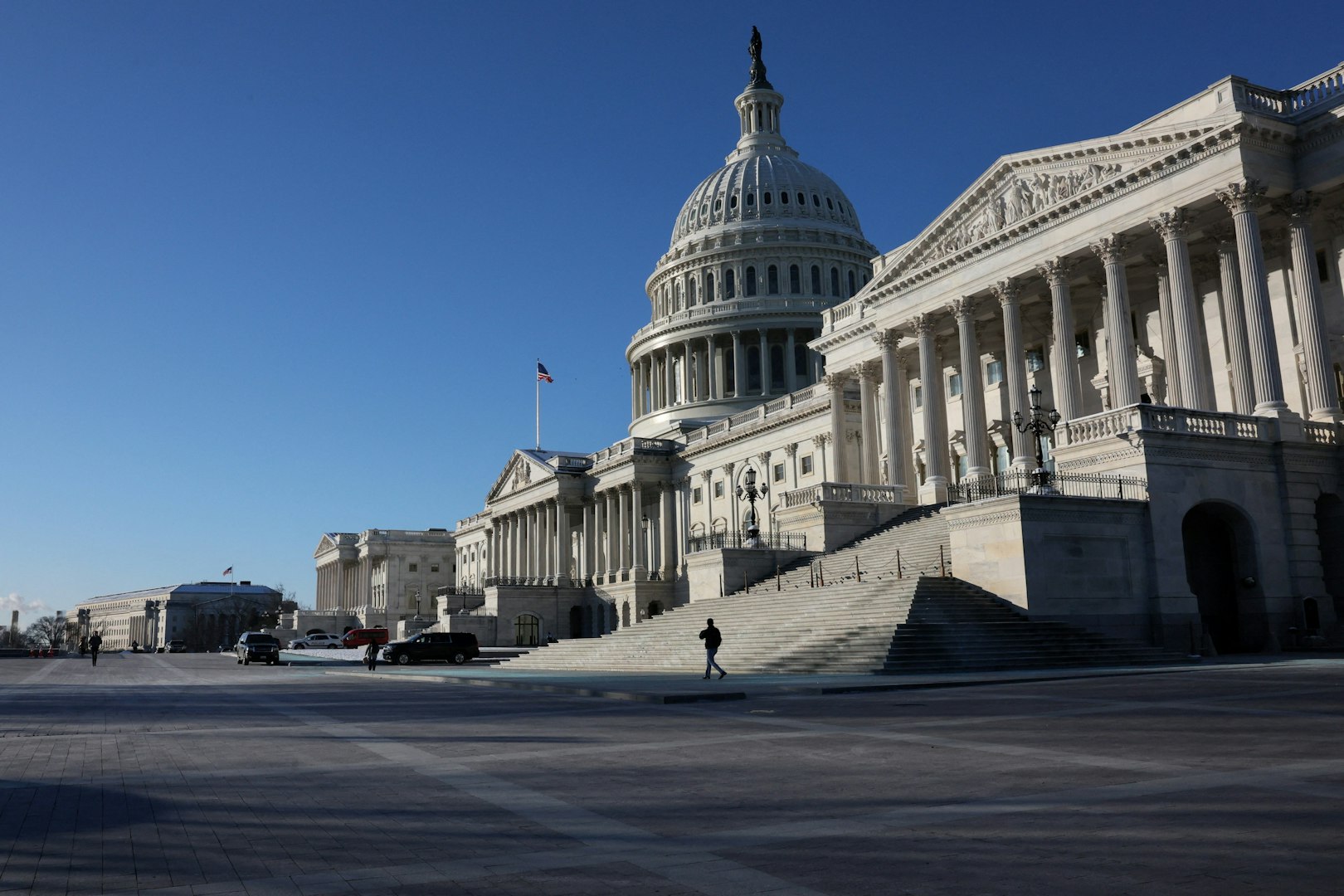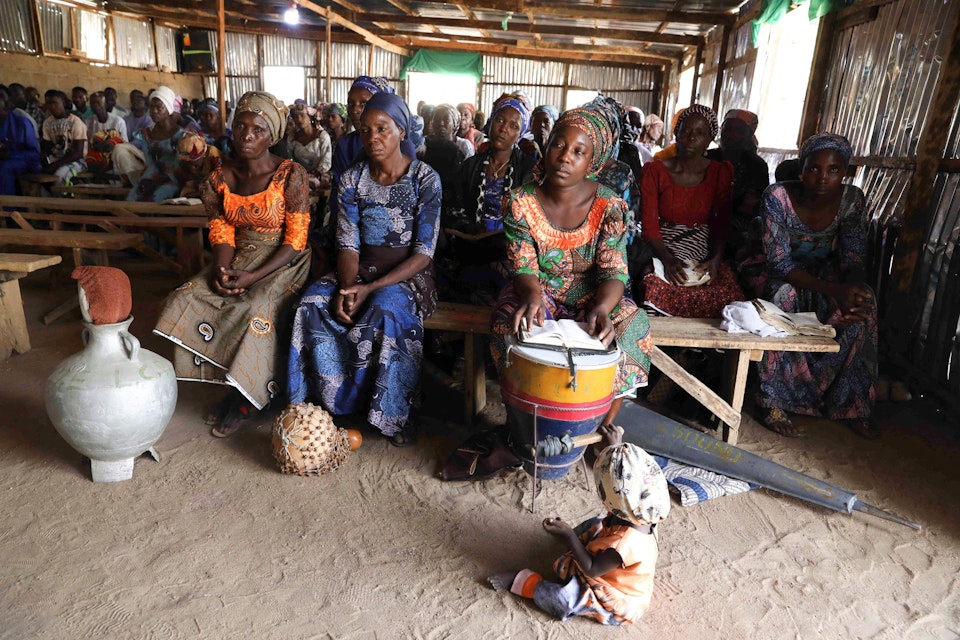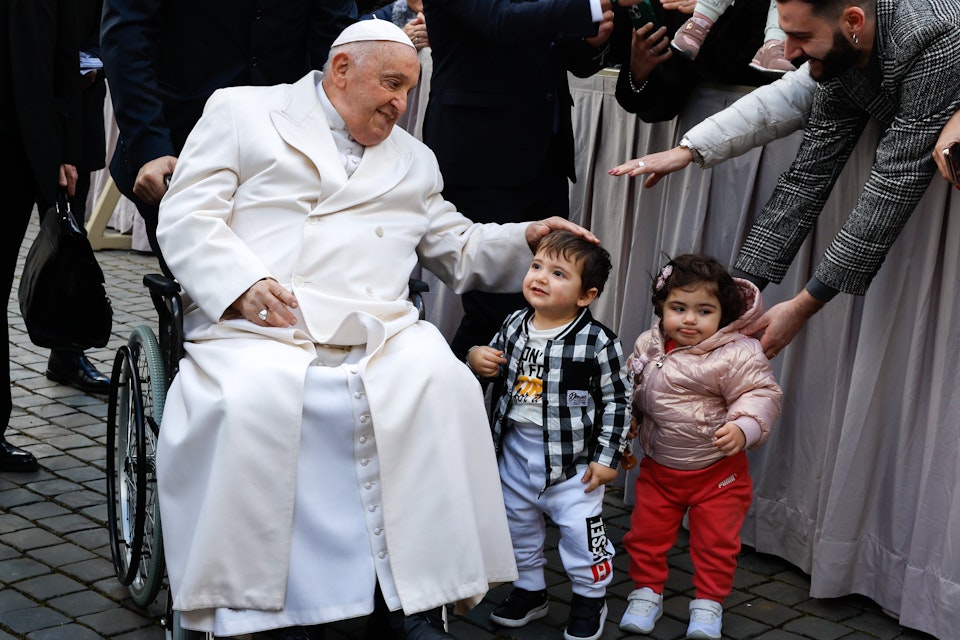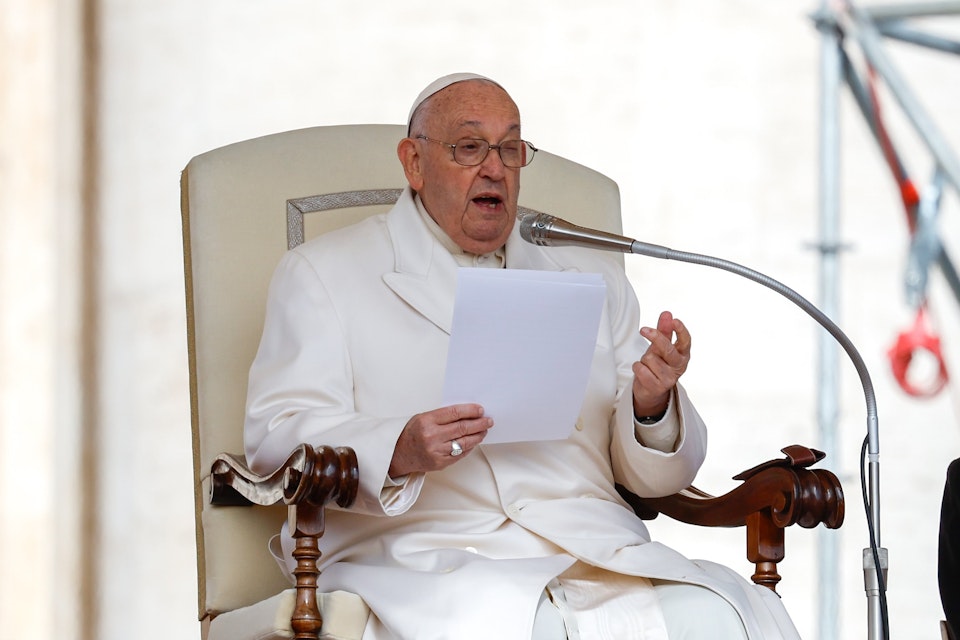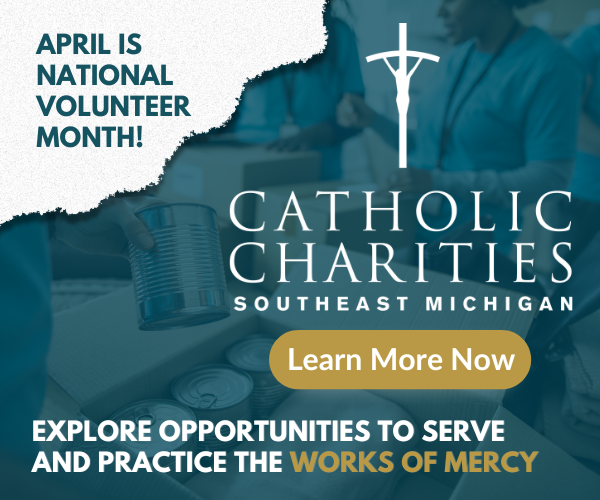EDMONTON, Alberta (CNS) -- A single mother, without a home, sits in a McDonald's restaurant on Edmonton's Whyte Avenue strip.
Raised in an abusive family, battling personal challenges and her own addictions, she tries to keep her three kids entertained -- all night -- so that restaurant staff won't kick them out onto the street. That's what poverty looked like for Hilarie Fortune.
"You just have to buy fries every now and then," Fortune recalled. "The kids wouldn't really sleep because, you know, we didn't want to look that poor."
Fortune counts herself among the city's more than 100,000 residents -- about one in eight -- who live in poverty, according to EndPoverty Edmonton.
The organization draws the poverty line at about Canadian $17,000 (U.S. $12,925) in annual income for a single person, or Canadian $34,000 (U.S. $25,850) for a family.
Beyond the statistics are the human stories. Those like that of Fortune are common across Alberta. They are especially visible in downtown neighborhoods such as Edmonton's Boyle Street-McCauley, with a reputation for poverty, homelessness, unemployment and other social challenges.
That's where Edmonton Archbishop Richard Smith and others planned to serve a free meal Nov. 17 at Sacred Heart Church of the First Peoples -- Fortune's parish. The event, sponsored by the archdiocese's Catholic Social Services, marks the second annual World Day of the Poor Nov. 18 proclaimed by Pope Francis.
"It's very much to our roots," said Michelle Christie, chief services officer for CSS. "It allows us the opportunity to share the agency with the local parish priest and share that we serve people of all faiths and cultures."
Hundreds were expected to attend the luncheon. Fortune will be there too, helping ease the pain of poverty, as she does on other days as part of the parish's outreach ministry.
By her own admission, Fortune, 41, has lived a rough life. She has been poor and jobless and was addicted to crack cocaine. She also has been homeless at times and soon may be again. But she also has had success.
Her children are now 21, 19 and 16. Her oldest son recently graduated from Canadian Forces training. Her daughter is studying to be a firefighter and paramedic. Her youngest son is in high school.
Throughout her challenges, Fortune has had the strength to survive and, in her own way, succeed. For that, she credits an unshakeable faith.
"I realize that struggles bring us closeness with God, but how much more does God have to give me?" Fortune said. "I like how he's taught me. He's softened me. He's brought me so far. When I look back, even from my point of birth, he's had his hands on me."
Fortune was born in Oshawa, Ontario, to "a criminal" Ojibwe father and an Irish mother who was in a motorcycle gang and committed suicide. She and her three siblings were part of the "'70s Scoop" that saw aboriginal children placed in foster and group homes.
Years later, Fortune was laid off from a good job but escaped a bad marriage. In 2007, she moved to Edmonton with her three young kids.
Struggling to raise a family, Fortune considered herself among the working poor. EndPoverty Edmonton estimates that 123,700 people in the city fall into that category, earning less than the Canadian minimum wage of $15 an hour (U.S. $11.40).
CSS has seen more demand for help.
"Our economy plays a large part of it. I think there are more people in need in our community in everything from subsidized housing to financial need. There's an increased call to the food banks. There's increased calls to our parishes for food and assistance," Christie said.
"Unfortunately, most people nowadays are only a few paychecks away from not being able to cover their bills. That's just the reality of our society."
It was around the time she was at the McDonald's with her kids that Fortune found her faith at a shopping mall in artwork that became a metaphor for her own life.
"I saw a picture of Christ, all beaten up behind the counter, and I fell to my knees," Fortune said. A friend later took her in and helped the family find a church. They settled on Sacred Heart, where the family was baptized. "And ever since then, these are my people," she said.
Sacred Heart Parish is located east of downtown Edmonton. There are few other places in town where a real sense of what poverty looks and feels like can be witnessed.
Oblate Father Susai Jesu, pastor, said people come to Sacred Heart for various things: a cup of coffee, food, warm clothing and, yes, some come for money to feed their addictions.
The outreach ministry fills those immediate physical needs. However, Father Susai also finds a different type of need, stemming from the mental and spiritual impacts of loneliness, abandonment and sadness. Parishioners and passersby alike come by for a plastic cross, holy water, sweetgrass, herbs for smudging or even a simple blessing.
"There are the poor, materially, but there are the poor spiritually and there are (the poor) also emotionally. That's the kind of poor I see in this area," he said.
"We're not providing everything they need, but at Sacred Heart we'll be with them, understand their level of poverty and the spiritual thirst," he said.
In his message for World Day of the Poor, Pope Francis refers to such circumstances, quoting the psalmist who wrote, "This poor man cried, and the Lord heard him." In that vein, the local World Day of the Poor luncheon and the parish feed the material and the spiritual.
"We are bringing them together so we can find solidarity, not because we want to give them money or food. It is the togetherness," Father Susai said. "That is what Pope Francis is asking of us."


